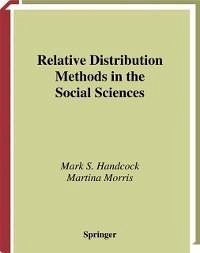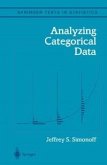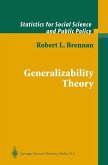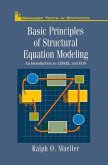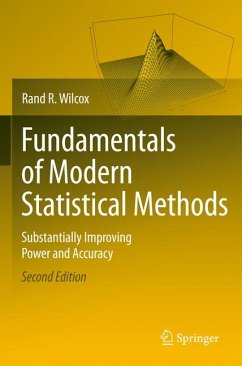This monograph presents methods for full comparative distributional analysis based on the relative distribution. This provides a general integrated framework for analysis, a graphical component that simplifies exploratory data analysis and display, a statistically valid basis for the development of hypothesis-driven summary measures, and the potential for decomposition - enabling the examination of complex hypotheses regarding the origins of distributional changes within and between groups. Written for data analysts and those interested in measurement, the text can also serve as a textbook for a course on distributional methods.
Dieser Download kann aus rechtlichen Gründen nur mit Rechnungsadresse in A, B, BG, CY, CZ, D, DK, EW, E, FIN, F, GR, HR, H, IRL, I, LT, L, LR, M, NL, PL, P, R, S, SLO, SK ausgeliefert werden.

